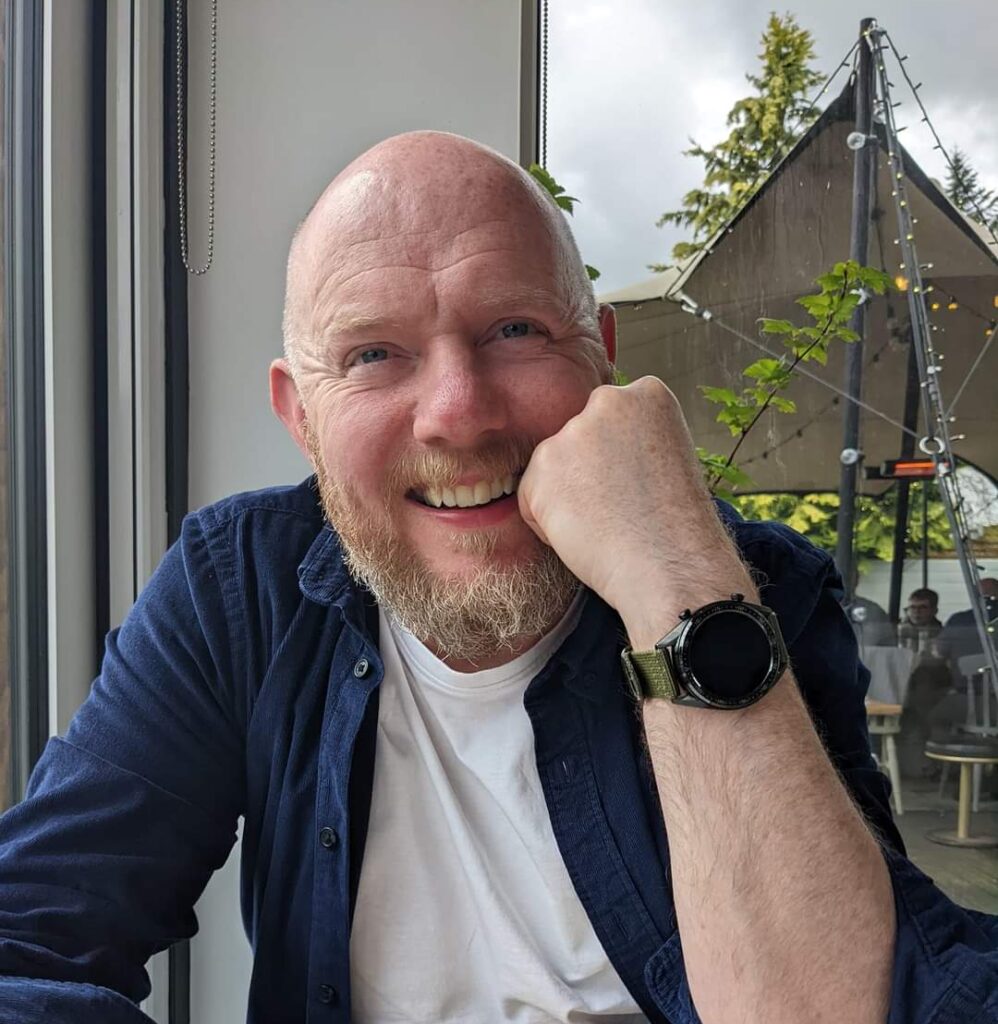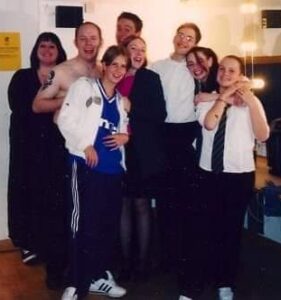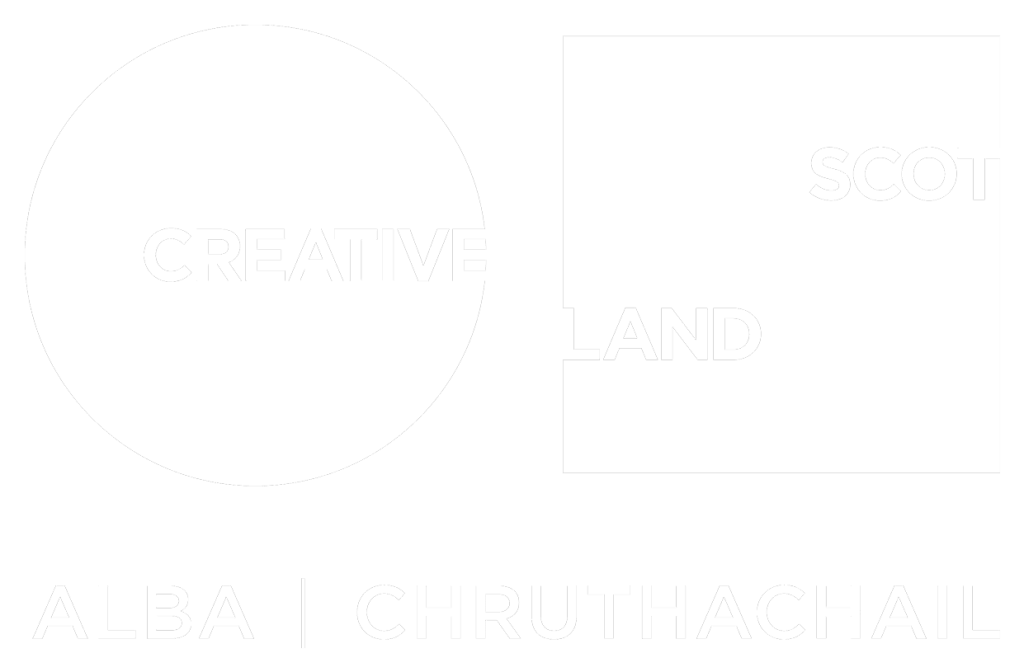Alex (47) is a Software Engineer who now leads the Quality Engineering Community of over 600 people. He attributes much of his professional success to four years of youth theatre in his early 20s:
“I wouldn’t be the person that I am today if it wasn’t for youth theatre.”

After 30 years of industry experience, Alex’s role involves responsibility for the direction and vision of his team, creation of events and training courses, and development of learning and collaboration opportunities. At the very beginning of his career, however, Alex attended West Lothian Youth Theatre (now Firefly Arts) for four years. He attributes much of his professional success to those years of youth theatre in his early 20s.
“The youth theatre gave me a lot of confidence. I always say in spades […] My career wouldn’t be what it is today, and I certainly wouldn’t be in the role I’m doing today, if it wasn’t for that confidence.”
Alex attributes his confidence to the “safe space” which youth theatre provided him as a young person to express himself fully, to explore differences and difficulties, and to be “one hundred percent” himself. In addition to this confidence, Alex also attributes his “incredible emotional intelligence” (in the words of a former line manager) to his youth theatre experiences. He refers to his ability to empathise with others, to read tone and body language, and to infer his role in any given situation as “all stuff that I learned through youth theatre”. When explaining the software engineering context in which he works, he emphasises the extent to which this emotional intelligence has influenced his career progression and direction:
“To really become a leader in my area, to become the kind of person that drives and helps build groups and communities and talents, you need to be good at that emotional intelligence, you need to understand how people work, and I think I had a leg-up before everybody else, you know? I know people that are studying it now at work […] and I’m like: well, that’s all second nature to me. That’s what youth theatre has given me.”
For Alex, youth theatre made a difference at a critical time in his life. When he began his degree in software engineering, he also began work as a trainee software engineer, but in his free time there was little to do as a young person in Livingston. In his own words, “there wasn’t a lot going on […] It was like a lot of aimless kind of wandering about the streets looking to see if we could get into any trouble.”
When a friend invited Alex to West Lothian Youth Theatre, he hadn’t realised it even existed, but immediately found a community of people with whom he could be himself. He recalls finding a group of people who were all creative in various ways, who all differed from the norm in various ways, and who were all looking for various outlets for expression:
“I found my niche […] We were all, what’s the word… Windswept and interesting. I’ll borrow Billy Connolly’s saying: windswept and interesting. We were all a bit different.”
“Very fondly”, Alex recalls the family environment created by the leaders. He remembers them always ensuring that everybody had something to do, even if they didn’t feel like acting, and the autonomy they granted the group. He remembers they offered “less teaching and more guidance”, often asking: “What do you want to do? How do you want to explore this?”
The result, Alex says, was that youth theatre became a “safe space” in which “to express ourselves in ways that we’d never had before”. He recalls feeling no pressure to conform, no need to manage internal politics or others’ egos, and the sense that “nothing was taboo”. He remembers the ways in which difficult topics would be worked through, so that he never went home feeling that anything had been left unresolved:
“It was […] I suppose a bit like what I imagine therapy would be like”.
As well as regular workshops and local productions, Alex remembers gaining a lot of his confidence and emotional intelligence from the tour opportunities which his youth theatre offered. They took a production of John Binnie’s Soft Boy to the International Festival in Edinburgh in 2000, performing for several nights at the Stand Comedy Club. The following year, they toured the show to the Tron Theatre in Glasgow and the Traverse Theatre in Edinburgh, where a reviewer from The Herald said they “performed radiantly”.
However, Alex’s standout memories from these tours are not of the performances, but of behind-the-scenes camaraderie, compassion, and comfort in the face of stress or fatigue or difficulty:
“Youth theatre always taught you to be kind, you know? […] That for me is one of the key values that I’ve taken from my experience in youth theatre.”
Alex believes that it is this emphasis on the importance of kindness which led to him founding a mindfulness and meditation community at his company four years ago. The community is a colleague-led initiative which now has over 2,500 members. As the founder and lead ambassador, Alex has developed and delivered over 150 sessions on mindfulness and meditation to over 9,000 colleagues, and has also organised several masterclasses on other human-centred skills. Of all of his achievements, he says this is one of the things of which he is most proud.
Outside of work, Alex still acts, directs, and produces for amateur dramatic groups, and he expresses gratitude to his youth theatre experiences for opening up this opportunity for continued creative expression. He has also encouraged his sons to attend youth theatre in the belief that it offers a vital creative outlet which cannot be found at school or at home. He hopes that they will benefit from this as much as he has.
“I wouldn’t be the person that I am today if it wasn’t for youth theatre.”

We are a registered charity in Scotland (No. SC035765) and a company limited by guarantee (No. 269952).




Website by Out of Place Studio